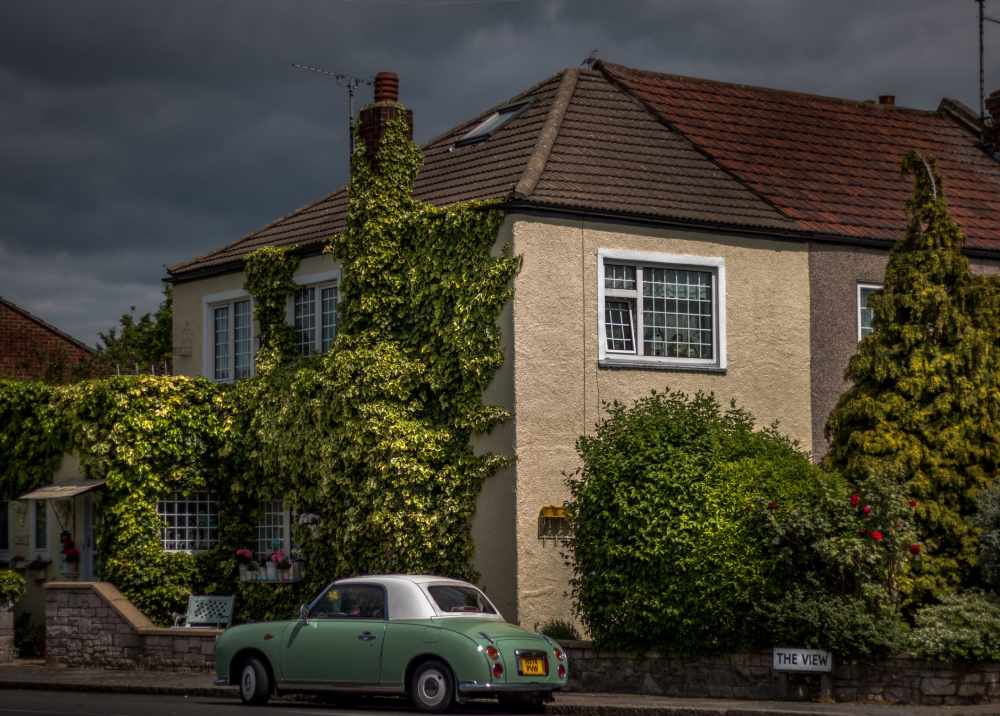What’s the Difference Between Leasehold and Freehold Property Ownership?
When it comes to the intricacies of property acquisition in the United Kingdom, a firm understanding of the differences between freehold and leasehold ownership is indispensable. While these terms might be familiar, it’s crucial to delve into their implications for your property rights and obligations. In this guide, our conveyancing specialists at Barrett and Co Solicitors will unravel the complexities of freehold and leasehold properties, empowering you to make well-informed decisions in the intricate world of real estate.
What is Freehold Property Ownership?
Freehold ownership represents the simplest form of property ownership in the UK. As the owner of a freehold property, you gain absolute ownership rights over both the property itself and the land it occupies. This translates into an unequivocal right to inhabit and utilise the property without temporal constraints.
Key Features of Freehold Property Ownership
- Ownership in Perpetuity: Possessing a freehold property means you hold it indefinitely. This form of ownership, often termed “fee simple absolute in possession,” grants you the highest level of ownership rights.
- Absence of Ground Rent: Unlike leasehold properties, freehold properties do not entail ground rent payments to any landlord. You are exempt from any ongoing financial obligations to property owners.
- Enhanced Control: As a freeholder, you wield greater control over your property. You can undertake alterations and renovations to your home without seeking permission from a landlord, subject to planning and building regulations.
- Freedom from Leaseholder Agreements: Freehold properties are not encumbered by lease agreements, sparing you from concerns about lease extensions or potential leasehold disputes.
- Transfer of Ownership: You possess the liberty to sell or transfer your freehold property to heirs, ensuring your legacy persists through generations.
- Maintenance Responsibility: While you relish complete control, you also shoulder sole responsibility for property maintenance and its surroundings, including repairs, insurance, and upkeep of common areas (if applicable).
What is Leasehold Property Ownership?
Conversely, leasehold property ownership bestows ownership of the property itself but not the land on which it stands. Instead, you enter into a lease agreement with the landowner, often referred to as the freeholder, for a specified period, typically ranging from 99 to 999 years. When the lease lapses, ownership of the property reverts to the freeholder, unless you opt to extend the lease.
Key Characteristics of Leasehold Property:
- Limited Ownership Period: Leasehold properties come with a predetermined term, and upon lease expiration, ownership reverts to the freeholder. Extending the lease can be a costly and intricate process.
- Obligation of Ground Rent: Leasehold properties typically necessitate annual ground rent payments to the freeholder. The amount can vary significantly and may escalate over time.
- Compliance with Leaseholder Agreements: Leaseholders are bound by lease agreements that delineate their rights and responsibilities. These agreements can encompass restrictions on alterations, subletting, and even pet ownership.
- Share of Maintenance Costs: While the freeholder usually attends to common areas like hallways and communal gardens, leaseholders bear a portion of these maintenance costs through service charges.
- Lease Extension: Should you wish to extend the lease on a leasehold property, it’s imperative to commence the process well in advance of the lease expiration date. Failure to do so can lead to complications and potentially result in property forfeiture.
Deciding Between Freehold and Leasehold Ownership
The decision between freehold and leasehold ownership hinges on your unique preferences, financial circumstances, and long-term objectives. Here are some factors to think about when making your selection:
- Ownership Duration: If your aspiration is to pass down your property to future generations, freehold ownership offers the advantage of perpetual ownership. Leasehold properties, with their finite terms, may not align with long-term investment objectives.
- Budgetary Considerations: Leasehold properties often entail lower initial costs compared to freehold properties, making them accessible to first-time buyers. However, it’s crucial to factor in ground rent, service charges, and potential lease extension expenses when budgeting for a leasehold property.
- Control and Flexibility: Freehold properties afford greater control and flexibility over your residence. If you value the autonomy to effect changes without seeking permission or seek to circumvent the constraints of leaseholder agreements, freehold ownership may be the preferred choice.
- Maintenance Responsibilities: Consider your willingness and capacity to maintain the property and any associated outdoor areas. Freehold properties demand full responsibility for upkeep, while leasehold properties typically involve shared maintenance costs with fellow leaseholders.
- Location: In certain locales, leasehold properties prevail due to limited land availability. If you have a specific location in mind, you may need to consider both freehold and leasehold options.
- Future Plans: Contemplate your future plans and how they align with your chosen property ownership type. If you intend to reside in the property for an extended period, freehold ownership may offer peace of mind. However, if you anticipate relocating in the near future, leasehold ownership might be more pragmatic.
Final Thoughts on Freehold and Leasehold Property
To sum it up, the primary distinction between freehold and leasehold properties in the UK revolves around land ownership and ownership duration. Freehold ownership bestows complete control and ownership of both the property and the land indefinitely, while leasehold ownership confers property ownership for a predetermined term but not land ownership.
The choice between freehold and leasehold ownership is contingent on your individual circumstances, financial considerations, and long-term aspirations. It is imperative to conduct thorough research and seek professional guidance, including legal and financial counsel, before reaching a decision. This ensures that you make a well-informed choice that aligns with your needs and preferences in the intricate world of property ownership in the United Kingdom.
Have More Questions About the Differences Between Freehold and Leasehold?
At Barrett and Co Solicitors, our seasoned conveyancing specialists possess extensive expertise in this realm and are eager to assist you with any additional queries. To reach out to us, kindly complete our contact form or call us directly at 0118 958 9711 to engage with one of our dedicated specialists today.





